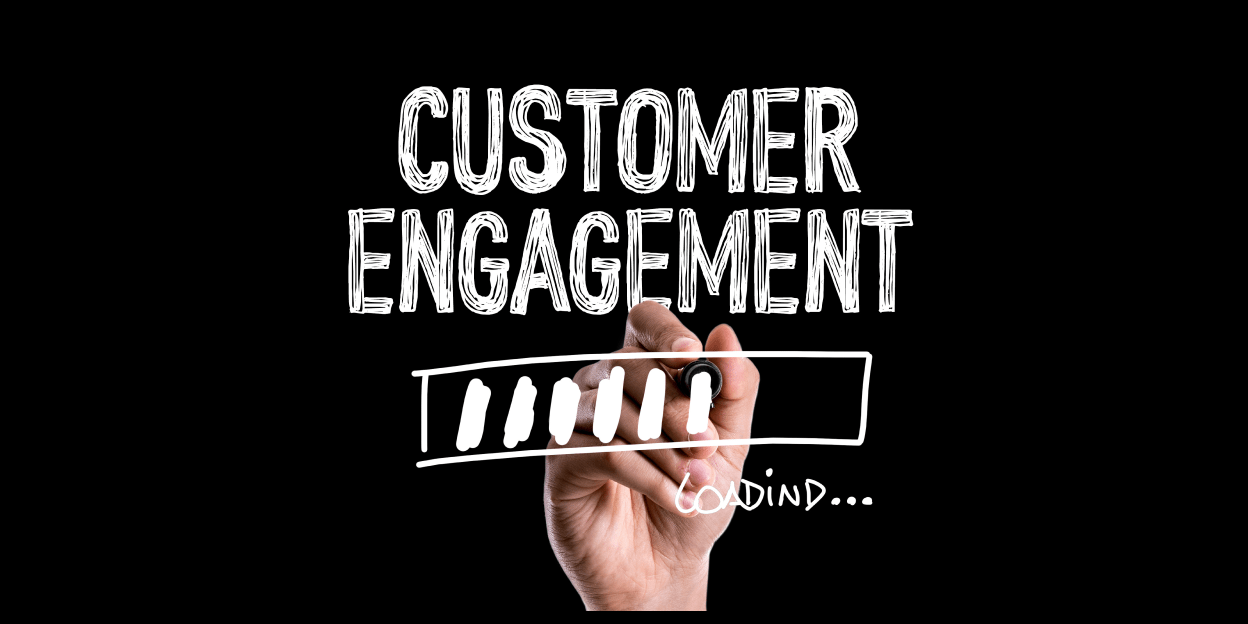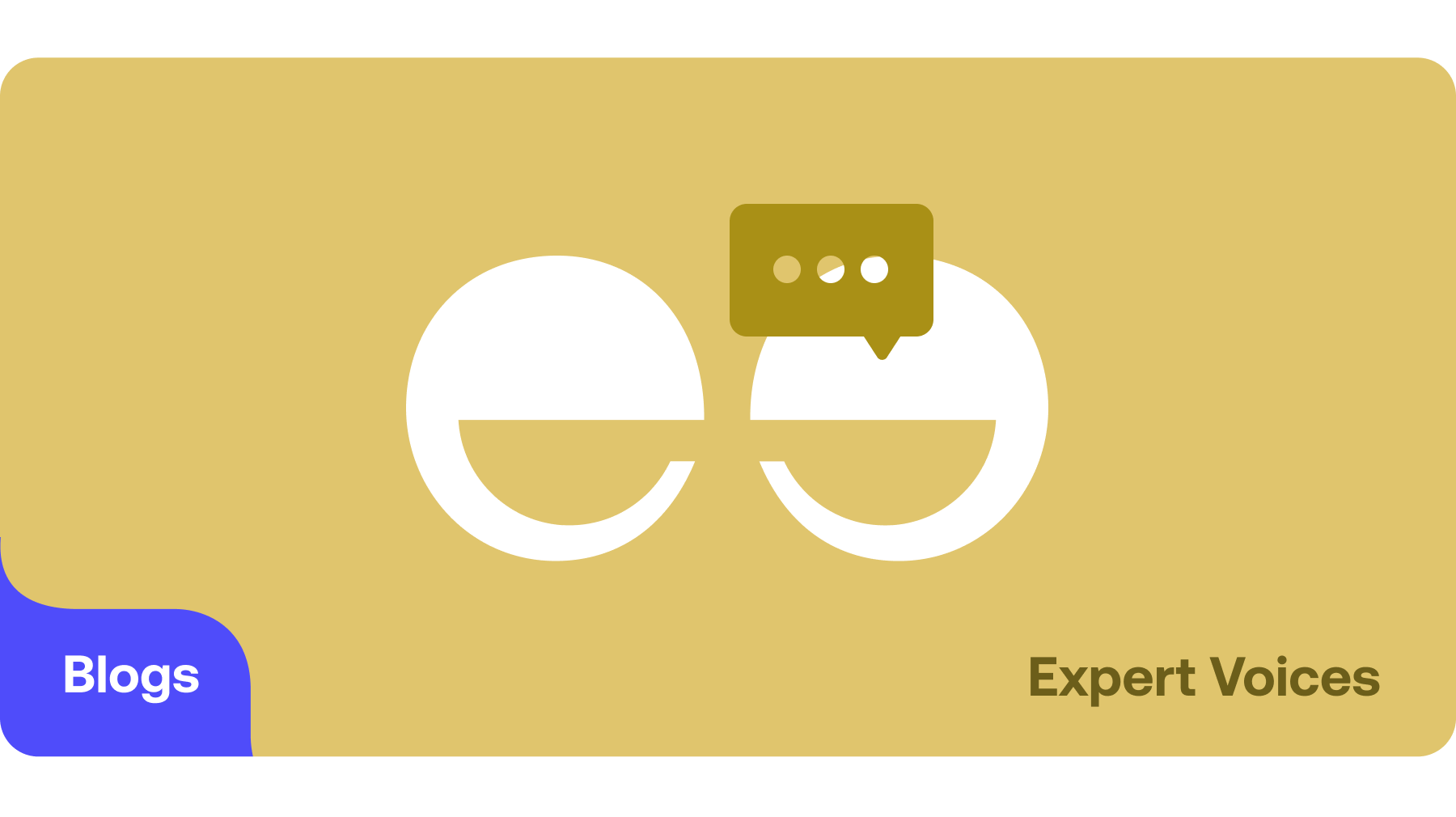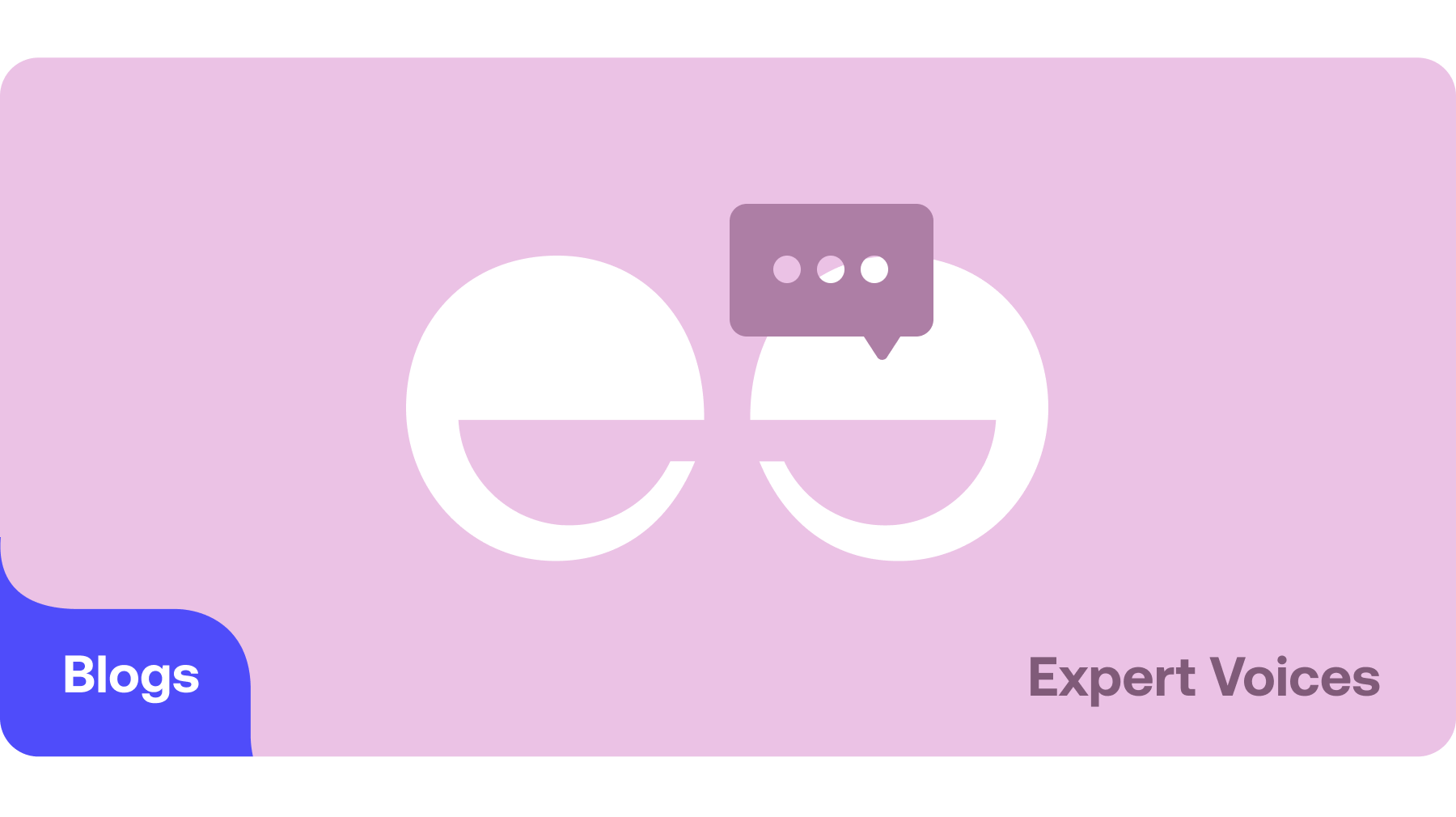We also take a closer look at some great examples of customer engagement from businesses, explore how to track the results of your strategy by analysing performance and explain how Feefo’s tools can help you improve your customer engagement to improve customer communication, boost loyalty and attract new customers.
What is customer engagement?
Customer engagement is all about the interactions you have with your customers and the way they interact with you. These interactions or engagements can range anywhere from messaging a company via live chat, to making a purchase on a website.
It’s up to you what engagements you believe are valuable and meaningful to the relationship with your customers. Visiting a website could be counted as an engagement, but it’s not necessarily meaningful, unless they fill in a form or make an enquiry.
Why is customer engagement important and what are the benefits?
Investing time and resources into your customer engagement strategy can result in lots of positive outcomes. It can help your business understand the relationship you have with your customers, improve your communication with them, boost customer loyalty and attract new customers.
Your bottom line will benefit from engaging with your customers and offering them a great experience, with research showing that 86% of buyers will pay more for a better customer experience. Aside from increased sales and revenue, a strong customer engagement strategy can also help to reduce churn. As many as 60% of consumers stop doing business with a brand if they have a negative experience.
Getting your customer engagement strategy right can also benefit your brand awareness and recognition, which is key to bringing in new leads. 72% of customers will share a positive experience with at least six people – for your brand, this could include referrals to friends and family, positive reviews online, great case studies, or promotion on social media.
How to create a customer engagement strategy
If you’re ready to create a customer engagement strategy, carrying out a thorough analysis of your customers and their interactions with your business is the best place to start. Once you’ve done this, you’ll be in a much better position to create a successful customer experience strategy that's bespoke to your business.
Use our step-by-step guide to source the information you need to create your customer engagement strategy.
Improve your customer experience
Your customer experience has a huge impact on your engagement, so it’s important to get it right. Start by defining what your customer journey looks like with a customer experience map, which plots how your customers engage with your business and how they feel at each stage.
This allows you to see where the positive engagements are happening and when your customers are happiest, as well as any areas that need improvement. Good customer experience maps are highly detailed and cover every channel and touchpoint where a customer may encounter your brand.
Another key part of improving your customer experience is understanding who your key customers are. The best way to do this is to create customer profiles or personas. Customer profiles help you identify who your ideal customers are and how you can attract and retain them.
Collect feedback
To fully understand every interaction a customer (or potential customer) has with your brand, you need to ask them what they thought at each stage of their journey. There are lots of different ways to collect feedback, but the two main methods are customer reviews and surveys.
Customer reviews are ideal for understanding which of your engagements are working, where customers are most engaged and which touchpoints are most important to them. Tools like Feefo’s Feedback Request Manager allow you to collect feedback at every stage of the customer journey, as well as tailor feedback campaigns to your different buyer personas.
Most businesses only collect feedback on the buying experience and the product or service, but what about the after sales service? If a customer had to contact your support team, ask them for feedback on the assistance they received. This can help you understand how helpful your support staff are, and if they need further training.
You also need to understand why a consumer decided against doing business with you. Surveys are a great way to get insight from anyone, whether they’ve bought your products or not. They’re completely private and anonymous too, so you can collect more detailed and more honest feedback.

Offer personalised experiences
Research shows that 80% of customers are more likely to purchase a product or service from a brand that provides personalised experiences. Customers want to be treated as individuals, so it’s important to tailor your messaging in each communication with them as much as possible.
This is where your customer profiles come in handy. Use the information gathered for your customer profiles to tailor every engagement a consumer has with your brand, from when they browse your website, to when your customer service team are replying to their review. Making your customers feel seen, understood and appreciated at an individual level as you engage with them is a great way to deliver an exceptional customer experience.
Show your human side
Make your brand, and the interactions you have with your customers, more human. Try to strike a balance between automation and human interaction. For example, if you use chatbots on your website, you may want to automate simple questions to save your customer service team valuable time. However, you still need to ensure you have customer service agents available to take over these conversations when a customer asks a more challenging question or wants to make a complaint.
Think about your brand’s ethics and beliefs, too. 71% of consumers prefer buying from a brand that aligns with their values. Whatever your passion is, tell people about it and give them a way to get involved. This will help create more opportunities for consumers to have meaningful engagements with your brand and could be the key difference between someone choosing your business over another.
Increase your number of customer touchpoints
You want consumers to encounter your brand as much as possible before, during and after they’ve purchased something from you. This can help to:
- Increase your chance of converting a browser into a buyer.
- Build customer confidence through the buying processes – they may even choose to spend more with you.
- Encourage customer loyalty, repeat purchases and recommendations.
Your customer touchpoints will vary depending on your business, but there are several different ways people could encounter your brand, depending on what stage of the buying journey they’re in.
Pre-purchase touchpoints include ratings and reviews, advertising, content marketing, social media, word-of-mouth recommendations, influencer marketing, PR, organic search, testimonials and case studies.
During purchase touchpoints include your website, product catalogue, store, brand or office, sales team, ratings and reviews.
Finally, post-purchase touchpoints cover transactional emails, marketing emails, support team follow ups, feedback requests and subscription renewals.
If there are touchpoints listed above that you haven’t considered before, it could be worth taking advantage of these opportunities to engage with your customers by adding them to your customer journey map. This list can help you analyse where your business is falling short when it comes to communicating with your customers, so you can improve your customer engagement strategy.
Digital customer engagement channels
Digital customer engagement is the process of using online or digital channels to interact, listen to and acquire a customer. Whether it’s through your website, app, social media or third-party websites, engaging with your customers through digital channels is crucial. Let’s look at some of the most popular tools for engaging customers digitally.
Paid search
Pay per click (PPC) search ads are a low-cost way to market your business online. They are the ‘sponsored ads’ that appear on the top and bottom of the search engine results page (SERP). To get the most out of PPC, it’s important to target your ads to ensure they reach the right users, include the keywords that your audience are searching with, and provide clear call to actions (CTAs) to encourage browsers to click on your ad.
Email newsletters
Emails are one of the most engaging channels of communication. Email marketing provides an excellent return on investment, while email newsletters are the most effective method of nurturing leads. Email newsletters are a cost-effective digital engagement channel, as they can reach all your customers (and potential customers) directly through a single campaign.
Social media
Social media is a free, easy to implement and widely used digital engagement channel. Engaging your customers on social media will help increase your brand’s awareness and build an online community of followers who share and engage with your brand. Share your Feefo reviews on social media to keep customers engaged with your products and reply to comments directly to show you value their feedback.
Live chat
Chatbots and live chat servicing help speed up requests and queries, and many businesses choose to automate frequently asked questions to save time and resources. Customers who want quick answers will reach out to the chat option and will engage with your brand more when their query is resolved quickly.
Webinars and events
Webinars, talks and live events are a great way to engage customers in an interactive setting. Webinars are a favourite among B2B professionals, with more than half of users participating in them at least once a week. Your business can use this channel to engage your partners, clients and even employees. It’s important to choose a topic that your customers are interested in and try to keep it to 45 minutes or less.

Videos
Video is an effective medium for keeping your audience engaged. You don’t need a big budget to create quality videos, so this is a channel that works well for businesses of any size. If you’re posting videos to social media channels like TikTok, Instagram and Facebook, keep them short and snappy to make them engaging and shareable. Quick tutorials and guides on how to use products also work well.
Traditional customer engagement channels
More than 80% of shoppers still prefer to purchase a product they need immediately from a store, so it’s important to engage with your customers offline too. Consider whether your brand could use some of these more traditional channels to engage with your customers and deliver a great experience at all touchpoints.
Create a welcoming environment
First impressions matter, so make your store welcoming and inviting for shoppers. Emphasise your brand’s identity to capture your audience’s attention and consider offering in-store perks like free WiFi, allowing your customers to engage with your content while they’re shopping.
Offer self-service
Give your customers the chance to be independent while making a purchase decision by offering self-service kiosks. Boost engagement and improve the customer experience by allowing them to customise their own experiences in-store. Most stores now offer self-checkout options, which can help customers avoid long queues, making their shopping experience easier and hassle-free.
Collect feedback in-store
Asking customers for their feedback in-store, as well as online, is a great way to enhance customer loyalty. There are a range of tools you can employ to encourage customers to leave feedback, from touchscreens to QR codes on receipts.
Offer referral and reward programmes
Your customers can be a valuable asset when it comes to promoting your brand. Offer rewards and referral incentives to encourage your audience to recommend you to others. Brands with referral programmes benefit from higher conversion rates than those without.
Customer engagement metrics and tracking tools
Reviewing your performance will help you to fine-tune your customer engagement strategy and keep it relevant to your customers. Some of the best key performance indicators to measure when tracking your results include:
- More positive customer reviews – monitor your review website, social media channels, customer service inbox and any other spaces online where customer conversations might be taking place.
- More traffic on your site – software such as Google Analytics can help you to measure how many people are visiting your website.
- Year-on-year increase in search volume for your brand keywords or upward trend – sign up for an SEO monitoring tool like SEMRush, which will help you to keep track of how many people are searching online for your brand.
- More leads or sales – a successful customer engagement strategy can lead to increased leads and revenue. Implement robust tracking so that you can clearly show month-on-month and year-on-year increases across both metrics.
- Longer time spent on page – an engaged website visitor is a visitor who spends more time on your website. Google Analytics will help you to track time spent on page and average session duration, which shows how engaged people are with your website.
How Feefo can improve your customer engagement
Collecting feedback is an important part of your customer engagement strategy. Feefo has a range of tools you can use to improve your customer engagement.
Help shoppers find the feedback they need
Your website is one of the most important parts of your customer journey, especially if you’re an ecommerce business. Once someone is on your website, you want to keep them there until they make a purchase, booking or enquiry.
Feefo’s Dynamic Topic Display tool uses artificial intelligence (AI) to automatically identify themes in your feedback so browsers can easily find the reviews they’re looking for. Not only does this help save consumers valuable time, but it also helps to keep them onsite, engaged and more likely to convert.
Analyse your customer feedback with ease
Feefo’s Customer Sentiment Insight tool can help your business identify issues and successes quickly. It identifies popular themes in your feedback and the emotion surrounding them, allowing you to analyse this feedback internally by automatically grouping them into categories. These categories advise you how to act on each topic, allowing you to quickly and easily see which engagements are positive for customers, and which need improvements.
Track specific customer engagements
If you know exactly what you want to track across your feedback, Feefo’s Insight Labels allow you to do exactly that. For example, if you tag reviews left after customers have been in touch with your customer service team with the staff member’s name, you can track who’s getting the most positive or negative feedback, so you know who needs additional support or training.


